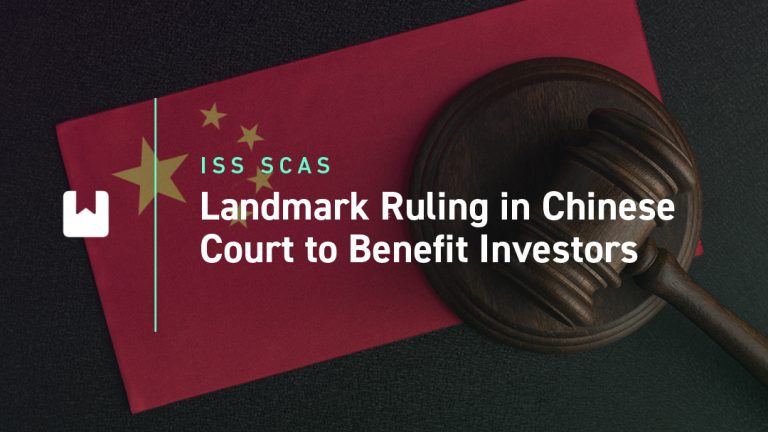Below are key takeaways from ISS’ recently released 2020 India Proxy Season Review. The full report is available to institutional subscribers by logging into ProxyExchange then selecting the Governance Exchange and its Report Center tab and to corporate subscribers by logging into Governance Analytics then selecting the Governance Exchange and the Report Center tab.
- COVID-19 Impact: While September remained the peak month for conducting AGMs, several companies postponed their meetings in view of the pandemic-imposed lockdown restrictions. In view of the pandemic, shareholder meetings were conducted through audio-visual means. These virtual meetings served the dual objectives of ensuring safety and facilitating shareholder participation (although not without some concerns on participation).
- Agenda Items: Given the uncertainties on future outlook, many companies focused only on their routine proposals during the 2020 proxy season and put their non-routine agenda items on hold.
- Shareholder Dissent: Active shareholder participation in voting continued during the year with detailed scrutiny and dissenting votes on related party transactions and employee compensation plans.
- Director Attendance & Board Refreshment: In 2020 the proportion of directors who attended less than 75 percent of board and committee meetings declined – possibly due to increased adoption of virtual meetings. Additionally, companies are phasing out the retirement process for tenured independent directors to ensure a smooth transition before the mandatory retirement norms take effect in April 2024.
- Gender Diversity: Representation of women in corporate boardrooms is steadily increasing and stood at 17 percent in 2020 (it was less than 10 percent before 2013). While the majority of women directors are independent, women rarely hold board or executive leadership positions within the companies in which they are appointed as directors.
If you are not a subscriber, please contact sales@issgovernance.com (for institutional investors) or contactus@isscorporatesolutions.com (for corporations) to learn more about accessing bespoke governance research.




